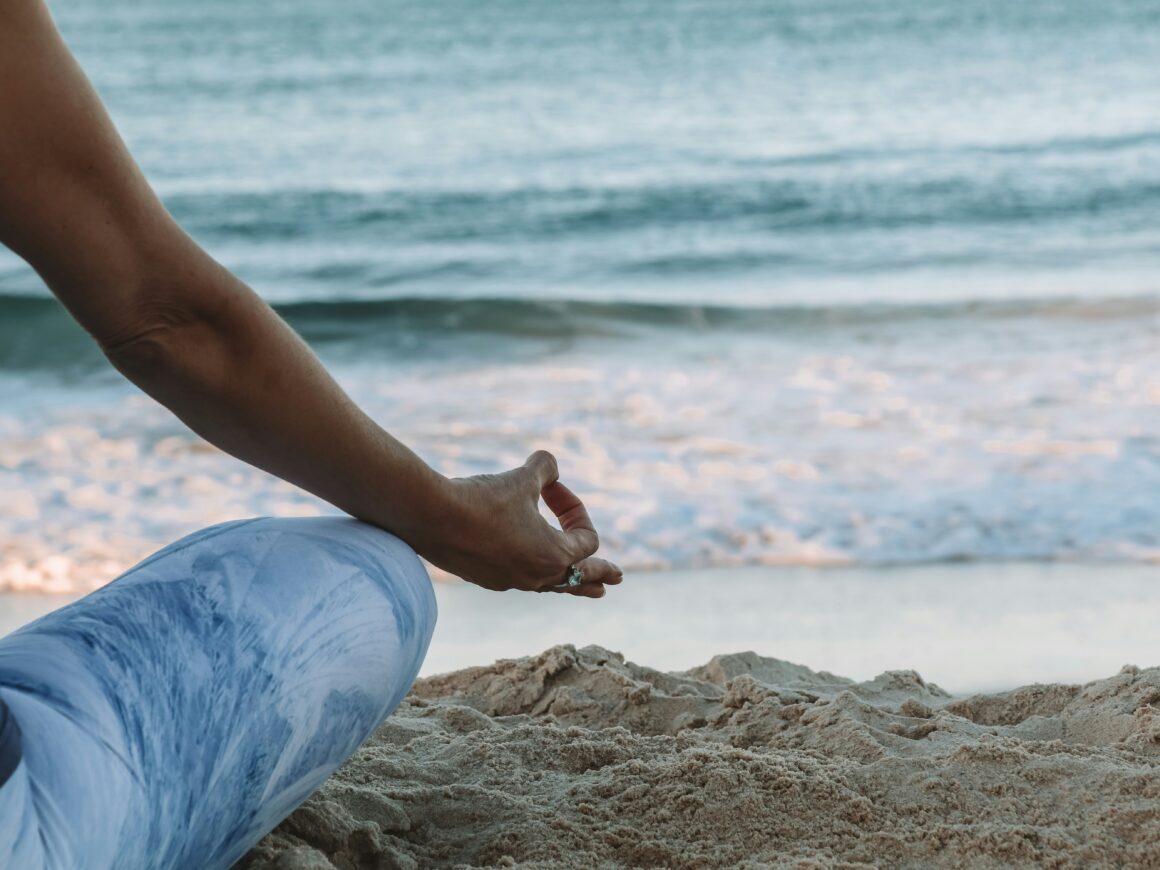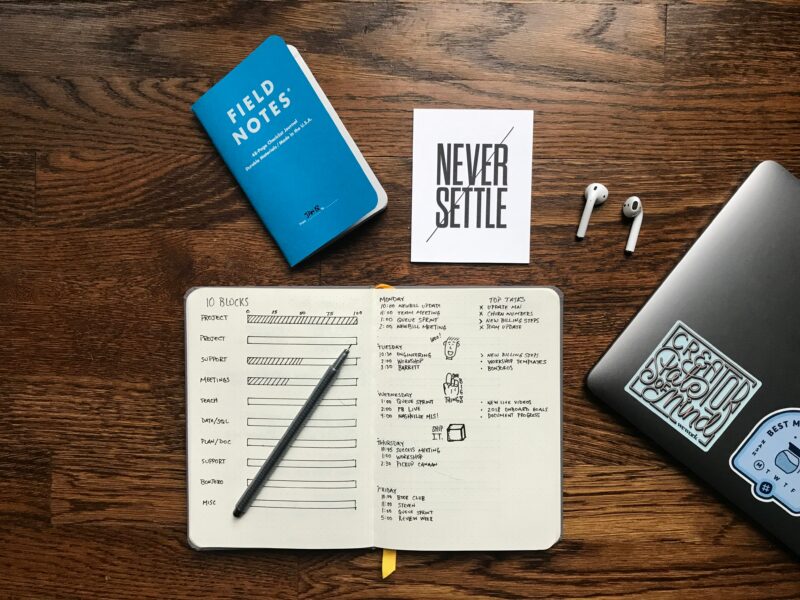Finding peace and clarity is essential for maintaining mental well-being. An effective way to achieve this is through daily mindfulness practices. Mindfulness helps you stay present, reduce stress, and enhance your overall quality of life.
What is Mindfulness?
Simply put, mindfulness is all about enjoying the present without judgment. It involves self-awareness—understanding your inner thoughts, feelings, and surroundings. This practice can be cultivated through various techniques such as meditation, breathing exercises, and mindful movement.
Benefits of a Daily Mindfulness Practice
- Less Stress: Mindfulness helps lower cortisol levels, the stress hormone, leading to a calmer mind.
- Better Focus: Regular practice enhances concentration and cognitive function.
- Enhanced Emotional Health: Mindfulness promotes a positive outlook and reduces symptoms of anxiety and depression.
- Better Physical Health: It can lower blood pressure, improve sleep, and boost the immune system.
How to Start a Daily Mindfulness Practice?
Set Your Intention
First, it’s important to set clear intentions behind your mindfulness practice. Ask yourself: Why do you want to practice mindfulness? What do you hope to achieve in the long run? Understanding the answers to these questions will help you stay motivated and focused on achieving your goals.
Choose a Time and Place
Ensure you find a quiet and cosy spot where you won’t be disturbed. Choose a time that works best for your schedule, whether you’d like to start your day with it or allow it to help you unwind at the end of the day. Consistency is key, so dedicate some time daily to mindfulness.
Start Small
Begin with just 5-10 minutes a day. As you become more comfortable, gradually increase the duration. The goal is to build a sustainable habit without feeling overwhelmed.
Focus on your Breathing
The simplest way to start is by focusing on your breath. Sit comfortably, close your eyes, and take deep breaths. Pay attention to the sensation of the air entering and leaving your nose. If your mind wanders, gently bring your focus back to your breath.
Body Scan Meditation
Another effective technique is the body scan meditation. Slowly move your attention through different body parts, starting from your toes and moving up to your head. Notice any sensations, tension, or discomfort without trying to change anything.
Practice Mindful Listening
Incorporate mindfulness into your daily activities by practising mindful listening. Whether conversing or listening to music, pay full attention to the sounds without judgment or distraction.
Guided Meditations
If you’re new to mindfulness, guided meditation can be beneficial. Many apps and online resources offer guided sessions of varying lengths and styles.
Be Patient and Kind to Yourself
Mindfulness is an easy skill to develop, given the time to harvest. It’s crucial to realise that this is something in-built within you, and it all comes down to how you embrace the skill. It’s like looking for a treasure chest – the journey may be long, and you might not find your gold in the first box you see, but the deeper you dig, you’re bound to find what you’re looking for. Once you find it, it will be a game-changer. It’s up to your sincerity and persistence in your search to find the potential of mindfulness.
When you begin, it’s normal for your mind to wander or feel restless. Be patient and treat yourself with kindness. Remember, the goal is not to clear your mind but to bring your attention back to the present moment whenever it drifts.
Tips for Maintaining Your Practice
- Create a Routine: Incorporate mindfulness into your daily routine by linking it with another habit, like brushing your teeth or drinking your morning coffee.
- Journal Your Experience: Keep a journal to track your progress and reflect on how mindfulness impacts your life.
- Join a Community: Consider joining a mindfulness group or class to stay motivated and connect with others on the same journey.
Starting a daily mindfulness practice can transform your life by helping you stay grounded, reduce stress, and improve overall well-being. By following these steps and remaining consistent, you’ll be well on your way to experiencing the profound benefits of mindfulness.
Incorporating these tips and techniques into your routine makes it easier to cultivate a daily mindfulness practice that enriches your life and promotes lasting mental and physical health.











